September 19, 2022
BDG architecture + design and FUTURE Designs, showcase AERO313 at London Design Festival
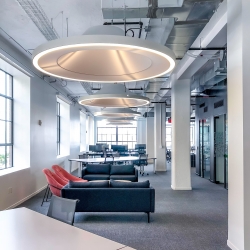 BDG architecture + design and FUTURE Designs will display the only AERO313 luminaire in the country, at Borough Yards, London Bridge, as part of this year’s London Design Festival which runs from 17-25 September 2022. FUTURE Designs was appointed by BDG architecture + design in 2020 to create this innovative custom light fixture that is a centrepiece of the latest WPP campus project in Detroit, USA. Faced with transatlantic logistics and regulations, the sheer scale of the product, as well as a global pandemic, the team involved tackled unprecedented challenges in order to deliver this ground-breaking luminaire to practical completion for a client on time and to budget. (more…)
BDG architecture + design and FUTURE Designs will display the only AERO313 luminaire in the country, at Borough Yards, London Bridge, as part of this year’s London Design Festival which runs from 17-25 September 2022. FUTURE Designs was appointed by BDG architecture + design in 2020 to create this innovative custom light fixture that is a centrepiece of the latest WPP campus project in Detroit, USA. Faced with transatlantic logistics and regulations, the sheer scale of the product, as well as a global pandemic, the team involved tackled unprecedented challenges in order to deliver this ground-breaking luminaire to practical completion for a client on time and to budget. (more…)





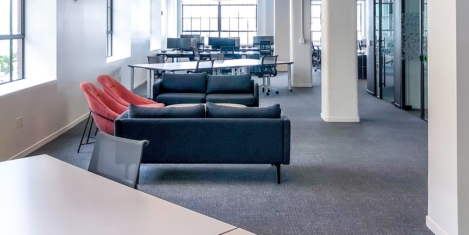


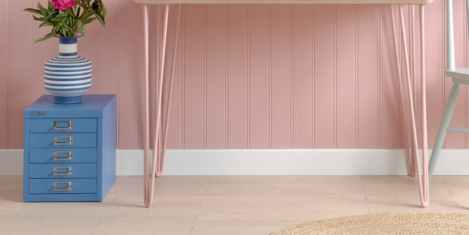

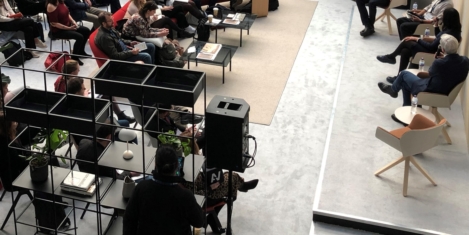
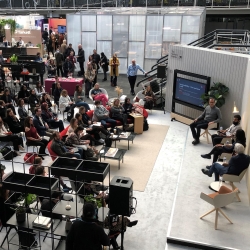

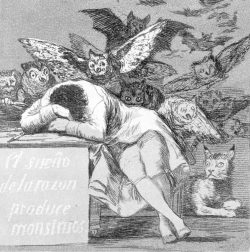


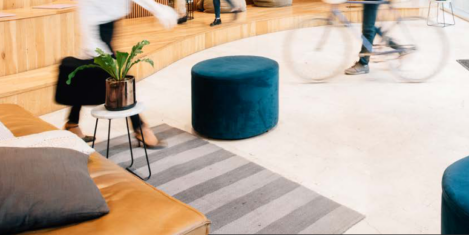
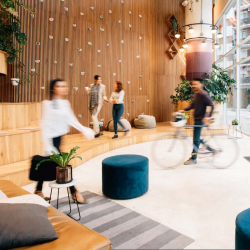



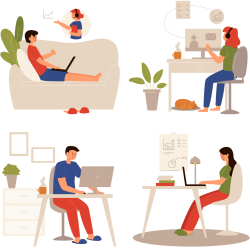
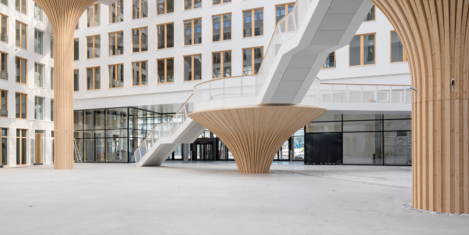
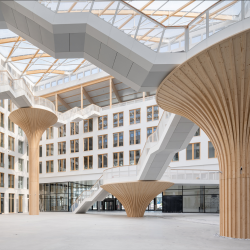








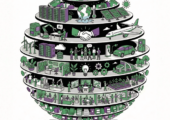


September 12, 2022
The wellbeing of parents should be a greater concern for employers
by Gosia Bowling • Comment, Wellbeing